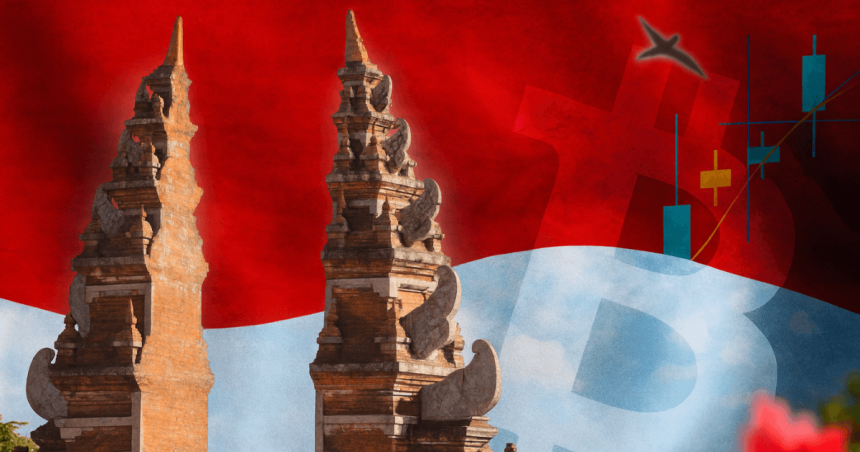
Indonesia has launched discussions on the integration of Bitcoin (BTC) into national reserves following a high-level meeting with the Vice President's office and Bitcoin Indonesia, Asia's largest BTC community.
The conference marked a pivotal moment in Indonesia's evolving approach to digital assets. Authorities have investigated the potential role of Bitcoin in strengthening long-term economic resilience.
Among the ideas discussed were the advantages of using Bitcoin mining as a reserve strategy and retaining BTC as a hedge against inflation and global financial instability.
Bitcoin as a reserve asset
Bitcoin Indonesia has facilitated the conference by presenting macroeconomic trends, including changing global preparedness strategies, inflation risks and increasing adoption of crypto between sovereign nations.
The report states that authorities have expressed interest in further education in asset classes and express curiosity about forecasts that will link the value trajectory of Bitcoin on Indonesia's 100th Independence Day in 2045.
The Indonesian reserve portfolio currently consists primarily of gold, US dollars and sovereign debt. Including Bitcoin marks a strategic expansion into digital assets that follow in the footsteps of countries such as El Salvador and Bhutan.
Sovereign accumulation
This meeting came as other countries accelerated their Bitcoin strategy after the US established its own strategic Bitcoin reserve earlier this year, and they held 200,000 btcs that have been confiscated over the years.
Meanwhile, US states like Texas are promoting plans to establish their own BTC reserves separate from the federal government.
Trailblazer El Salvador owns over 6,000 BTC, but Bhutan has built one of the world's largest sovereign bitcoin positions through mining.
Kazakhstan is considering an investment plan that includes Bitcoin ETFs and blockchain companies, but neighbouring Pakistan is hoping to direct excess energy into Bitcoin mining and use it as a reserve asset.
These developments have prompted Indonesian officials to reevaluate the reserve mix and consider whether digital assets will provide benefits in a changing global economy.
The presenter suggested that progressive adoption through limited holdings or mining could complement existing frameworks without disrupting traditional reserve structures.


